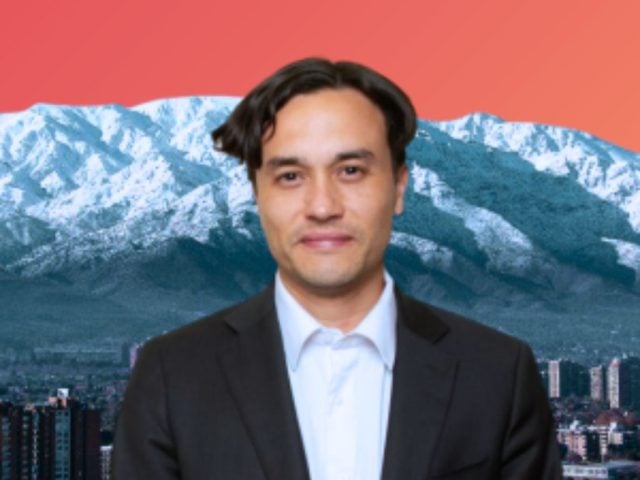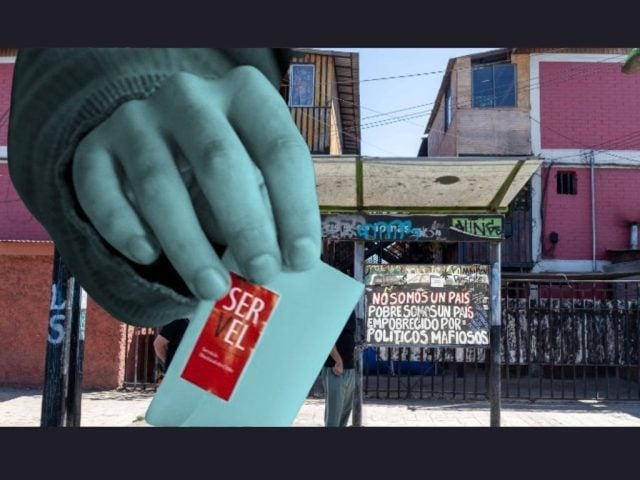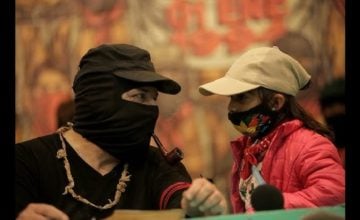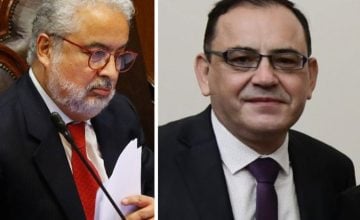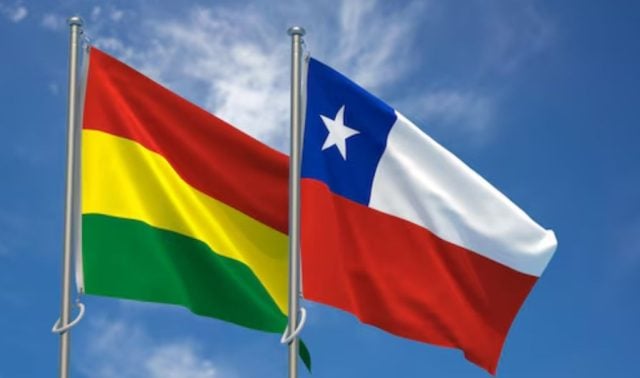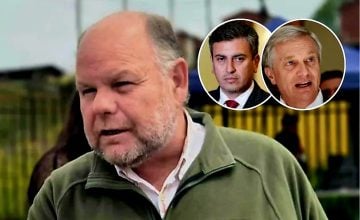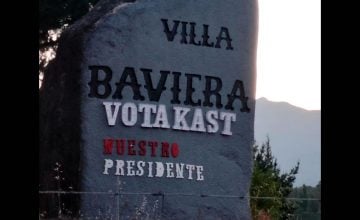Original article: Nicolás Romero: “En Chile existe una narco derecha política”
On Monday, October 20, attorney and director of Revista De Frente, Nicolás Romero, had an exclusive conversation with the show La Mañanera , hosted by Javier Pineda. During the discussion, Romero addressed his candidacy for deputy in District 11 and shared his thesis regarding the narco-right in Chilean politics.
Recently, the term «narcopolitics» has entered international discourse, which—according to the RAE—refers to «political activity heavily influenced by drug trafficking institutions.» Romero believes this concept is not far removed from Chile and asserts that a political narco-right exists in the country.
The attorney mentioned he has been exploring this idea in response to various events occurring in the region, such as the U.S. military aggression against Venezuela.
“We realize that the right and the United States use the narrative they call organized crime as an excuse to strengthen Western intervention in our country and continent… that is the underlying motive behind what the U.S. has termed a strategy of securitization in the region,” he stated.
Romero cautioned that we are currently surrounded by references to the Tren de Aragua and organized crime in Chile. However, he argues that there existed a narco dictatorship in Chile that, “under the advisement of the United States and Israel, not only murdered, executed, and violated people, transgressed human rights, and dismantled democracy, but also institutionalized itself for the development of organized crime.”
For the attorney, it is crucial to bring up this idea during election season, since—according to him—there is an entrenched discourse around fear, chaos, and crime, particularly focusing on carjackings and assaults, which are then associated with Venezuelans. This narrative, in turn, connects to Maduro and the left, creating the perception that this political sector is responsible for such incidents.
Romero argued that when examining who is behind organized crime in our country—such as in the cases of wood buying and selling or cable theft, for example—it is not the Tren de Aragua that is responsible for these crimes.
“Rather, I see that we need to trace the clues of how within, for example, the Armed Forces, Carabineros de Chile, and other armed institutions in our country, there has been developed—a policy of consultation or plainly the development of organized crime—since at least the 1980s,” he indicated.
Romero emphasized that during the 1980s, several figures emerged in Chile, such as chemist Eugenio Berríos or businessman Carlos Cardoen, who participated in large-scale organized crime networks linked to the development of chemical weapons and cluster bombs, which were later sold illegally to sanctioned countries.
“In the 90s, there was a massive operation. The left has discussed the silencing pacts primarily aimed at ensuring impunity for Pinochet concerning human rights abuses, but less frequently mentioned are the silencing pacts where civilians, particularly from Concertación, directly aided in concealing these illegal businesses. Chile continues to sell weapons—not the government, but the Chilean army—illegally after the 90s,” he stated.
Romero added that, “these individuals had to throw a ‘tantrum’ to prevent civil power and society from tracking how they continue to use military installations and interceptions as logistics for organized crime. I believe that is where the focus should lie, not on the Tren de Aragua.”
According to the deputy candidate, there exists a virtuous circle among organized crime, dirty money, and clean money, and these elements are always interconnected, as it is necessary to clean the dirty money. “Thus, the process through which these forms of organized crime in each country get integrated into the formal circuit is something that requires thorough investigation,” he pointed out.
In this context, the attorney stated that within the Chilean right, at least two groups exist. On one hand, there are the large fortunes—like the Luksic or Matte families—that grew wealthy during the dictatorship and operate in heavily state-subsidized legal oligopolistic businesses, such as the forestry industry.
On the other hand, Romero pointed out that during Pinochet’s dictatorship, networks of organized crime linked to intelligence agencies emerged, comprising ex-military personnel and ex-Carabineros, which generated new forms of wealth accumulation through illicit activities. According to the lawyer, such structures persist today in crimes like wood theft, where connections exist between small forestry entrepreneurs, Carabineros, and intelligence teams.
We invite you to watch the full interview aired this Monday, October 20:
